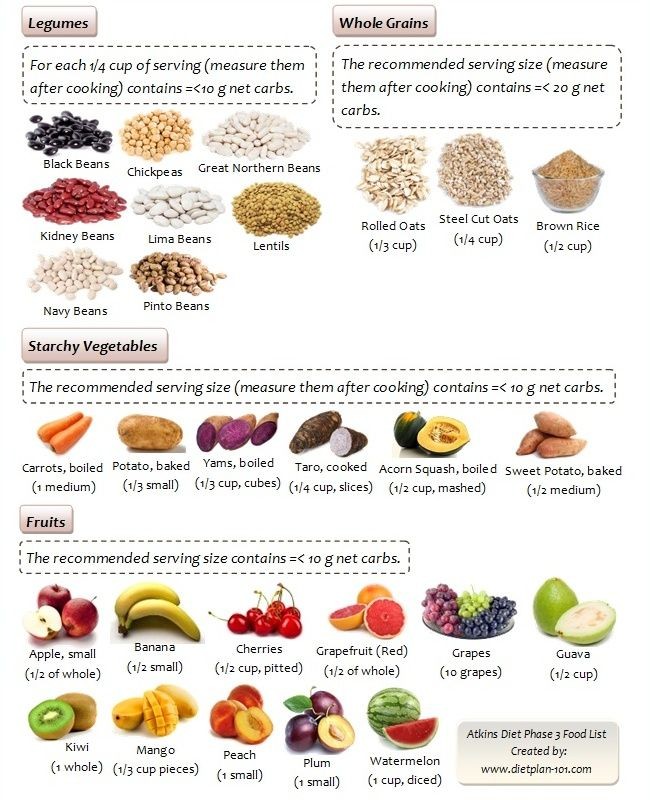
Contents
The Atkins Diet
The controversial diet described in Dr. Atkins’ New Diet Revolution and the 2010 New Atkins for a New You allows rich foods like steak with Bearnaise sauce, eggs and bacon, cheddar cheese omelets, Roquefort dressing, and silky smooth avocado cream soup made with real cream. The diet promises not only weight loss but also better heart health, memory function, and overall wellness benefits.
The theory behind the diet is that overweight people consume too many carbohydrates. By reducing carbs and increasing protein and fat intake, the body becomes more efficient at burning stored body fat, resulting in weight loss.
Although weight loss is the main focus of the diet, the Center for Complementary Medicine claims that most people follow the Atkins diet for weight maintenance, good health, and disease prevention.
How the Atkins Diet Works
Drastically restricting carbohydrates causes the body to go into a state of ketosis, burning its own fat for fuel. Energy is derived from ketones, the fuel created by the breakdown of fat stores. Ketosis reduces hunger, leading to decreased food intake. However, it can cause unpleasant side effects in some individuals.
As a result, the body shifts from burning carbohydrates to burning fat, resulting in weight loss. When consuming a high-carbohydrate meal, excess sugar is stored as glycogen in the liver and muscles. Any extra sugar is converted to fat. According to the Atkins theory, this can lead to unstable blood sugar and potentially the development of diabetes.
To achieve ketosis, carb consumption must be limited to no more than 40 grams per day. Physical activity may also be necessary for ketosis to occur. Vitamin supplementation is recommended since fruits and vegetables are restricted.
The Atkins diet allows for indulgence in foods traditionally regarded as "rich" such as meat, eggs, and cheese. Carbs are restricted during the first two weeks, gradually increased over time, and supplemented with fiber-rich foods.
What the Experts Say About the Atkins Diet
The Atkins diet remains highly controversial among health experts. While some studies demonstrate benefits, concerns over long-term safety persist. Experts worry about heart disease, loss of bone, and potential issues for individuals with liver and kidney problems. The American Dietetic Association also emphasizes the importance of carbohydrates for efficient and healthy functioning.
WebMD Medical Reference provides a variety of viewpoints from experts in the field, highlighting the need for further research and caution when following the Atkins diet.
Food for Thought
The Atkins diet has evolved to include a variety of foods such as lean protein, vegetables, fruits, nuts, legumes, and, in some cases, whole grains and healthy fats. It is important to consider expert opinions and individual health needs when deciding on a dietary approach.
WebMD Medical Reference
Atkins, R. Dr. Atkins’ New Diet Revolution, 2002, Avon Books.
The Center for Complementary Medicine, New York.
Volumetrics author Barbara Rolls, PhD.
Gail Frank, PhD, professor of nutrition, California State University, Long Beach.
Gary D. Foster, PhD, clinical director, weight and eating disorders program, University of Pennsylvania.
Robert H. Eckel, MD, director, general clinical research center, University of Colorado Health Sciences Center, Denver.
Reviewed by Kathleen M. Zelman, MPH, RD, LD on February 01, 2012


